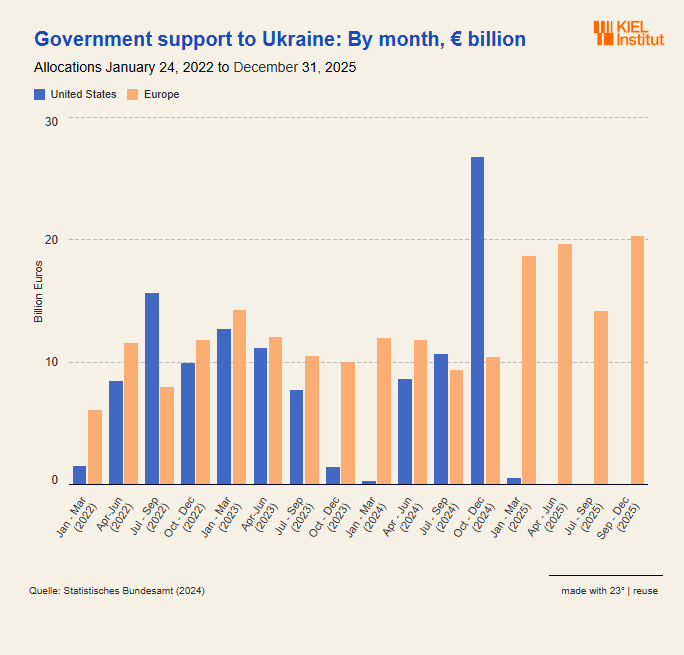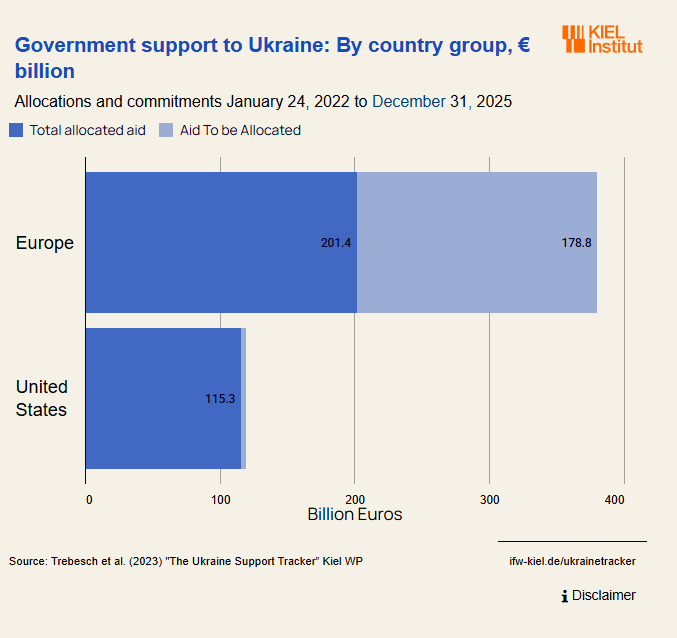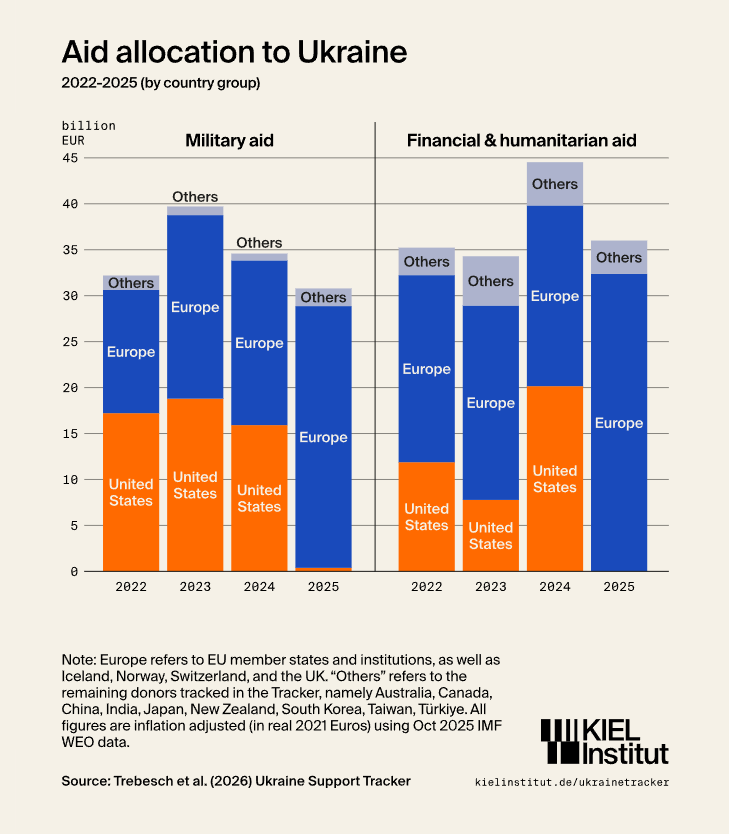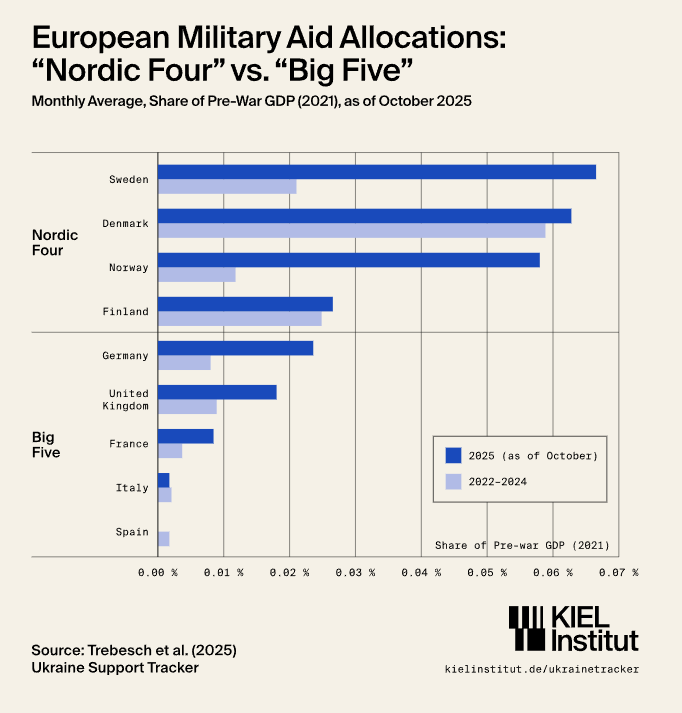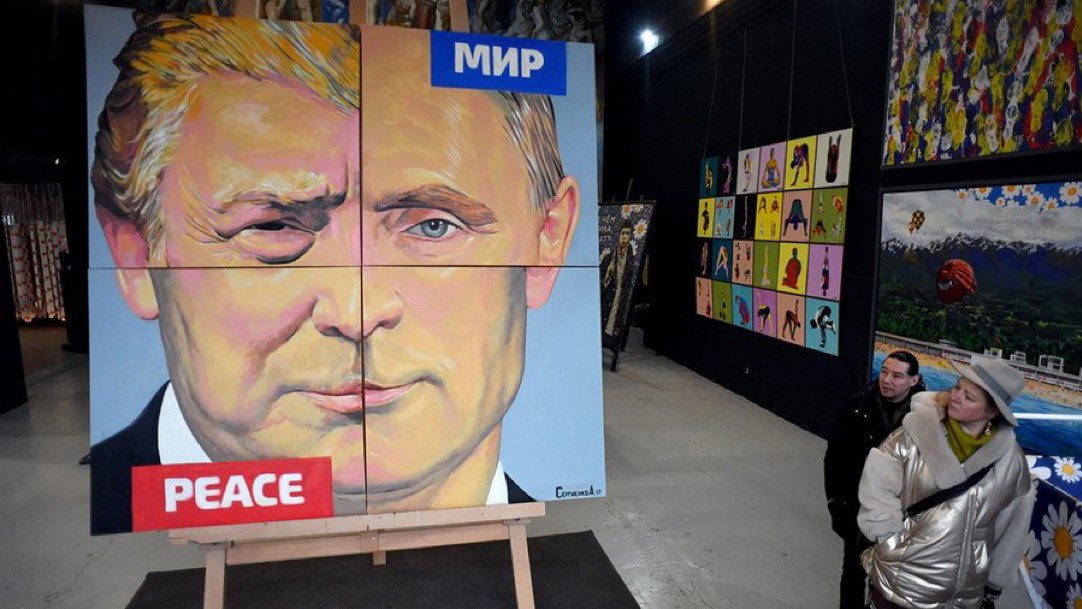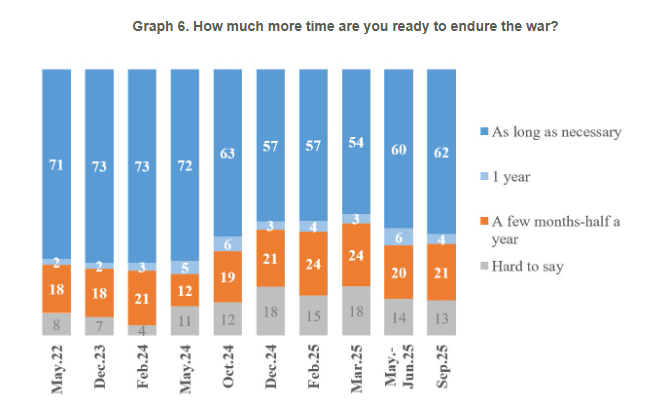Thread.
Overnight, in #Odesa, south #Ukraine, the monument to the Russian Empress Catherine II, was removed from its site
This will cause a major propaganda uproar in #Russia, which will blame Ukraine of “removing Russian cultural heritage”.
1/x

Overnight, in #Odesa, south #Ukraine, the monument to the Russian Empress Catherine II, was removed from its site
This will cause a major propaganda uproar in #Russia, which will blame Ukraine of “removing Russian cultural heritage”.
1/x


The monument to Catherine II, Empress of Russia in 1762-1796, was erected in Odesa in 1900. It was dismantled shortly after the Russian Revolution, in 1920, after the Bolsheviks gained control of the city.
2/x
2/x

In 1965, on the 60th anniversary of the uprising at the battleship "Potemkin", part of the Soviet founding myth (The unsuccessful Russian revolution of 1905), a monument to its mutineering sailors was erected in this location.
3/x
3/x

The monument was restored in 2007 by a pro-Russian businessman and Odesa councillor Ruslan Tarpan amid the protests against its restoration. Thousands of Odesa residents protested against it.
Tarpan has been charged with fraud in 2017 and now lives in exile in UAE.
4/x
Tarpan has been charged with fraud in 2017 and now lives in exile in UAE.
4/x

While Russia likes to present Catherine II as “the Great”, she was clearly not a friend to the Ukrainian people and culture. Under her reign, Ukrainian political autonomy was dismantled, Ukrainian language banned and Ukrainian culture destroyed.
5/x
5/x

In particular, Catherine II was instrumental in destruction of Zaporizhzhia Cossacks autonomy in 1775 and driving them out of their ancestral lands to elsewhere. This was a genocidal act, if we look through the prism of the 21st century thinking.
en.m.wikipedia.org/wiki/Liquidati…
6/x
en.m.wikipedia.org/wiki/Liquidati…
6/x

From this historical perspective, the desire of people of Ukraine to remove monuments to genocidal Russian rulers who wanted to erase the notion of Ukraine and make its people into Russians is fully justified.
End of the thread.
7/7
End of the thread.
7/7

• • •
Missing some Tweet in this thread? You can try to
force a refresh


